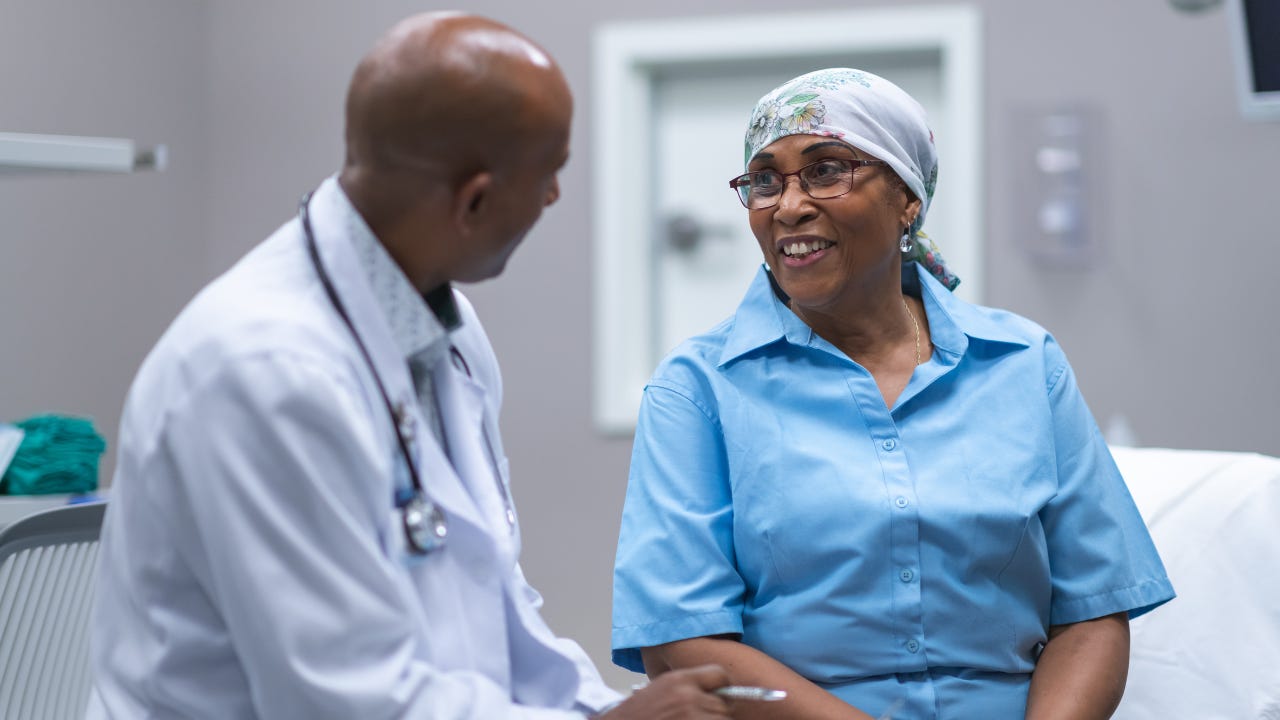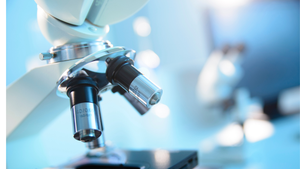Diagnostic gaps threaten cancer care in Nigeria
Critical need for advanced diagnostic infrastructure as Nigeria faces 127,763 new cancer cases annually with significant diagnostic discordance rates.
May 27, 2025

Immunohistochemistry (IHC) is one of the most valuable and increasingly utilised staining techniques in biomedical research, clinical diagnosis, cancer treatment, and monitoring. It plays a critical role in the differential diagnosis of various tumour types, such as carcinoma, melanoma, and sarcoma. IHC allows clinicians to identify the tissue of origin in cases of metastatic cancer, thereby guiding appropriate treatment. The technique combines principles of immunology, histochemistry, and histopathology by using specific antigen-antibody reactions, typically tagged with a visible label, to detect particular cellular components.
Despite its utility, the application of IHC in cancer diagnosis remains a significant challenge in sub-Saharan Africa (SSA), particularly in Nigeria. The incidence of cancer has risen disproportionately in developing countries, with SSA accounting for approximately 56 per cent of all new cancer diagnoses and 70 per cent of cancer-related deaths worldwide (Santiago et al., 2012).
According to the Global Burden of Disease Study, between 1990 and 2013, the incidence of cancer in SSA increased by an estimated 20 per cent (Global Burden of Disease Cancer Collaboration, 2015; Vos et al., 2015). Unfortunately, this rising burden has not been matched by a proportional increase in cancer care resources.
Despite immunohistochemistry (IHC) being vital for cancer diagnosis and treatment, its application remains severely limited in Nigeria, contributing to diagnostic delays of up to 108 months and significant diagnostic discordance compared to developed countries.
Access to timely and accurate diagnosis remains a major barrier. Studies from countries such as Sudan, Rwanda, and South Africa have demonstrated that delays in diagnosis negatively impact breast cancer care. Reported median times from initial presentation to diagnosis range from 2 to 108 months (Niyonzima et al., 2021; Bashshur et al., 2012). Notably, diagnostic delays attributable to physicians have sometimes exceeded those caused by patients themselves (Stefan et al., 2011). This health system delays often lead to late-stage disease presentation, which compromises the quality of care and worsens clinical outcomes (Espina et al., 2017).
Compounding these delays is the issue of diagnostic accuracy and quality. Histopathological services in many SSA countries, including Nigeria, often exhibit significant diagnostic discordance when compared with laboratories in developed countries. For instance, a study comparing diagnoses of Burkitt’s lymphoma between a Ugandan laboratory and a reference laboratory in the Netherlands reported only 36 per cent agreement, with over 60 per cent discordance. Such discrepancies can lead to suboptimal treatment, disease progression, and increased healthcare costs.
An article published in Business Day in February 2024, titled "Cancer Care in Nigeria: A Deep Dive into Numbers, Cost, and Closing the Care Gap", highlighted the multifaceted challenges faced by cancer patients in the country. Personalised cancer care remains limited due to low public awareness, inadequate access to diagnostic services, and widespread gaps in healthcare infrastructure, resources, and equity. These challenges continue to impede progress in cancer control.
Recent data from the World Health Organization (WHO) and the International Agency for Research on Cancer (IARC) underscore the urgency of a coordinated national response to bridge the existing disparities in cancer care. In 2022, Nigeria reported 127,763 new cancer cases, with prostate, colorectal, liver, breast, and cervical cancers being the most prevalent. The country also recorded 79,542 cancer-related deaths. The lifetime risk of dying from cancer before the age of 75 was estimated at 7.4 per cent for prostate cancer, 8.7 per cent for colorectal cancer, and 8 per cent for liver cancer. These figures reflect a significant public health crisis that necessitates urgent and comprehensive intervention.
Nigeria reported 127,763 new cancer cases and 79,542 cancer-related deaths in 2022, with prostate, colorectal, liver, breast, and cervical cancers being most prevalent, creating an urgent public health crisis.
To address this rising cancer burden, experts in Nigeria have called for a holistic approach encompassing prevention, early detection, accurate diagnosis, effective treatment, and end-of-life care. Bridging the human resource gap in oncology, strengthening palliative care services, and fostering government-led initiatives and international collaborations are essential. Public education campaigns on the importance of cancer vaccination (e.g., HPV and HBV vaccines) can further reduce the future burden of disease.
Most importantly, enhancing diagnostic infrastructure and capacity is critical to improving early detection, treatment outcomes, and overall cancer management in Nigeria.
Get exclusive in-person access to the latest laboratory innovation and trends in Africa by registering at WHX Lagos.

